The Central Bank of Nigeria also known as ” The Bankers Bank ” is the chief regulator when it comes to the banking and financial sector in Nigeria. No individual has a private bank account or business with this bank, its key purpose is to regulate banks and store their equity , it also keeps accounts for each state of the federation. It helps in funding various government activities and projects alongside its partner THE MINISTRY OF FINANCE. The bank is controlled by a board of directors with the governor as its head. The central bank governor is appointed by the president himself by recommendation. Located at the heart of the city, its almost impossible to miss, the building is a sky rise made up of glasses and some fancy designs. Security around its premises can be very tight due to the nature of its operations.
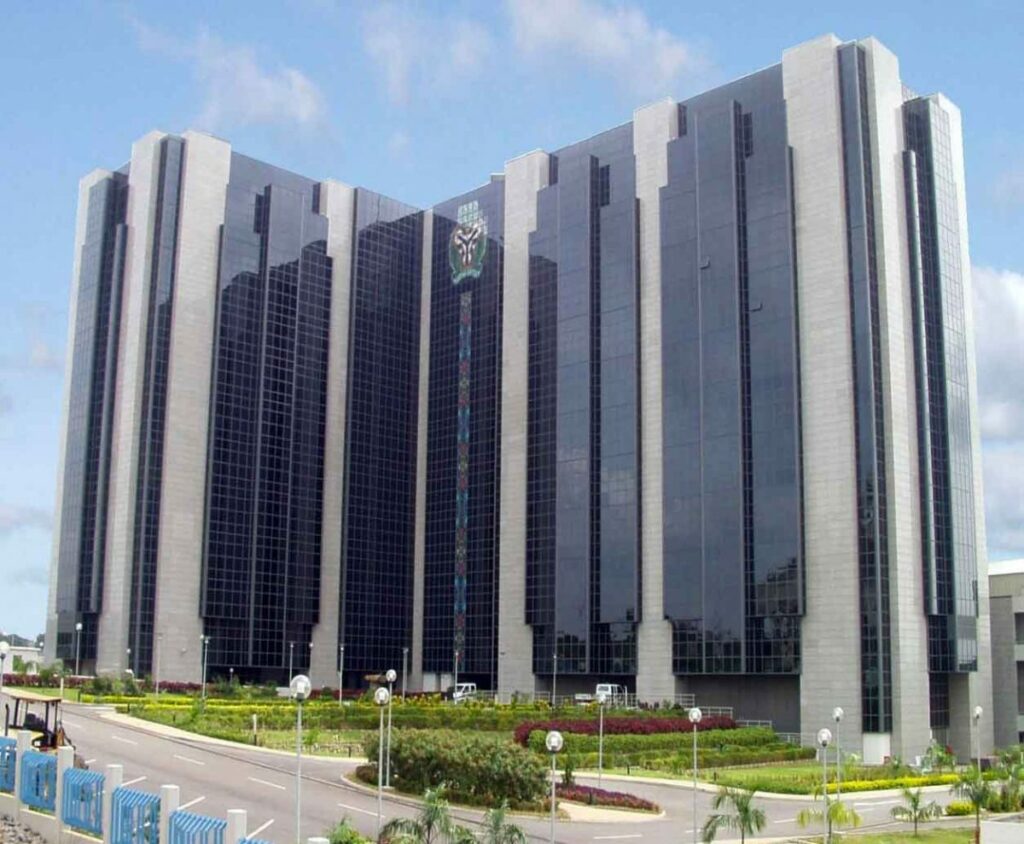
About CBN
The mandate of the Central Bank of Nigeria (CBN) is derived from the 1958 Act of Parliament, as amended in 1991, 1993,1997,1998,1999 and 2007.
The CBN Act of 2007 of the Federal Republic of Nigeria charges the Bank with the overall control and administration of the monetary and financial sector policies of the Federal Government.
The objects of the CBN are as follows:
- ensure monetary and price stability;
- issue legal tender currency in Nigeria;
- maintain external reserves to safeguard the international value of the legal tender currency;
- promote a sound financial system in Nigeria; and
- act as Banker and provide economic and financial advice to the Federal Government.
Consequently, the Bank is charged with the responsibility of administering the Banks and Other Financial Institutions Act (BOFIA), 2020, with the sole aim of ensuring high standards of banking practice and financial stability through its surveillance activities, as well as the promotion of an efficient payment system.
In addition to its core functions, CBN has over the years performed some major developmental functions, focused on all the key sectors of the Nigerian economy (financial, agricultural and industrial sectors). Overall, these mandates are carried out by the Bank through its various departments.
Mr Godwin Emefiele
Current Central Bank Governor
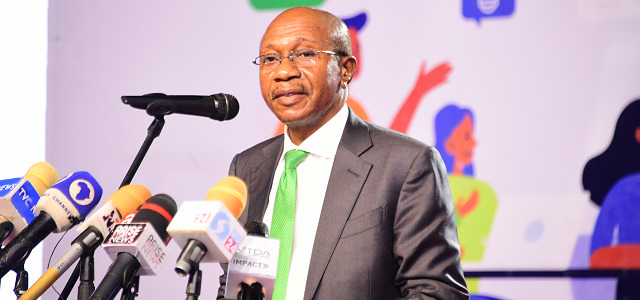

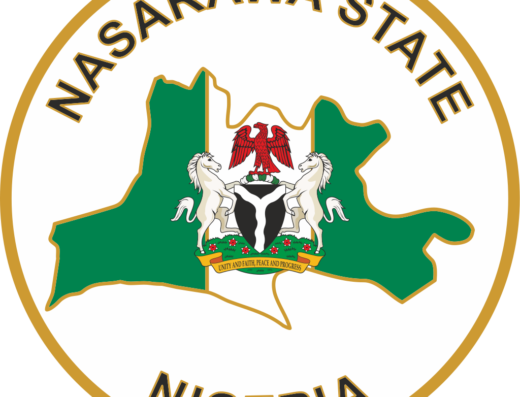

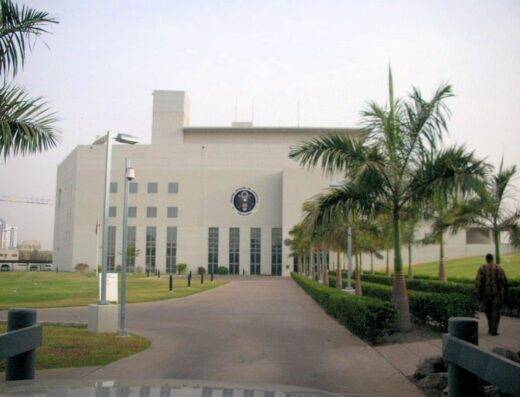
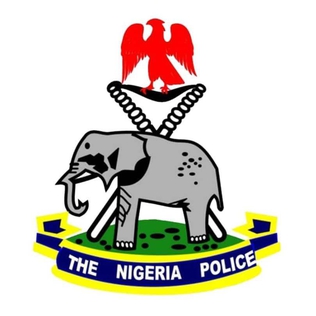
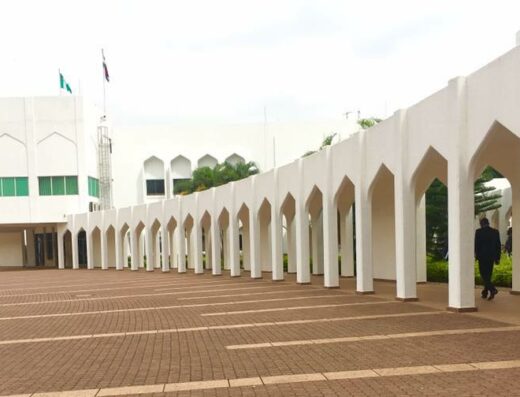
Leave a Reply
You must be logged in to post a comment.